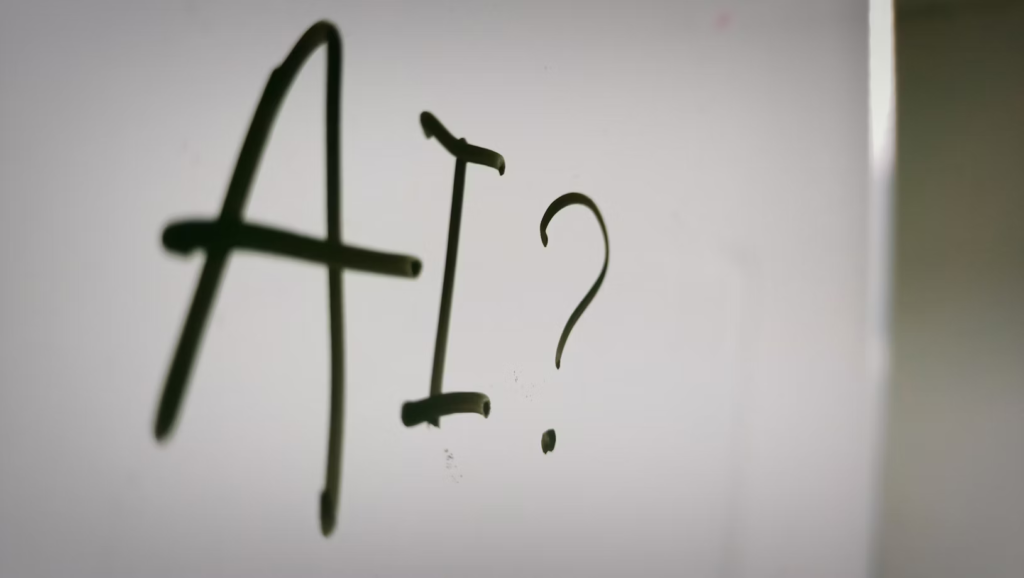
Artificial intelligence seems like it’s everywhere, revolutionising everything from customer service to creative industries. But have you ever stopped to wonder what AI struggles with most? While these systems can do some truly amazing things, they also have some glaring weaknesses. Apple’s latest study dives deep into this, uncovering a surprising truth: AI systems, especially Large Language Models (LLMs), struggle significantly with reasoning.
At first glance, LLMs look unstoppable. They can write essays, answer complex questions, and even tackle creative projects. But when it comes to understanding and adapting to slight changes in problem formats, they fall flat. Apple’s research tested this by tweaking math problems, like changing the names or switching numbers. The problems themselves weren’t harder—just different. And yet, the models’ accuracy plummeted by nearly 10%. That’s a pretty big deal. It shows these systems don’t really understand problems—they just recognize patterns from their training data.
[RELATED : Will Gemini 2 Dethrone ChatGPT?]
Let’s break this down. Imagine you’re studying for a test by memorizing answers rather than actually learning the material. If the test questions look exactly like the ones you practiced, you’ll do great. But if the wording changes even a little, you’ll be stuck. That’s exactly what happens with AI. They’re excellent at spotting patterns but can’t adapt when the context shifts.
This limitation raises some serious concerns. Think about the real-world situations where AI is already being used. Whether it’s healthcare diagnoses, legal advice, or financial analysis, we rely on AI for critical decisions. But if these systems can’t handle simple reasoning changes, how can we trust them in high-stakes scenarios? Shouldn’t adaptability and true understanding be the bare minimum for tools that play such an important role in our lives?
The truth is, while AI is great at speeding up tasks and processing huge amounts of data, it’s not infallible. It’s a tool, not a replacement for human judgment. This is why we need to keep pushing for better benchmarks and training methods. If we want AI to live up to its hype, we have to address these fundamental gaps. It’s not just about creating smarter systems; it’s about creating systems we can actually rely on.
So, what does AI struggle with most? The answer is clear: it’s not intelligence but understanding. And that makes all the difference. If anything, this study serves as a wake-up call. AI has a long way to go before it can truly “think.” Until then, we need to approach it with a mix of excitement and caution—using it where it shines but staying mindful of its limits.

